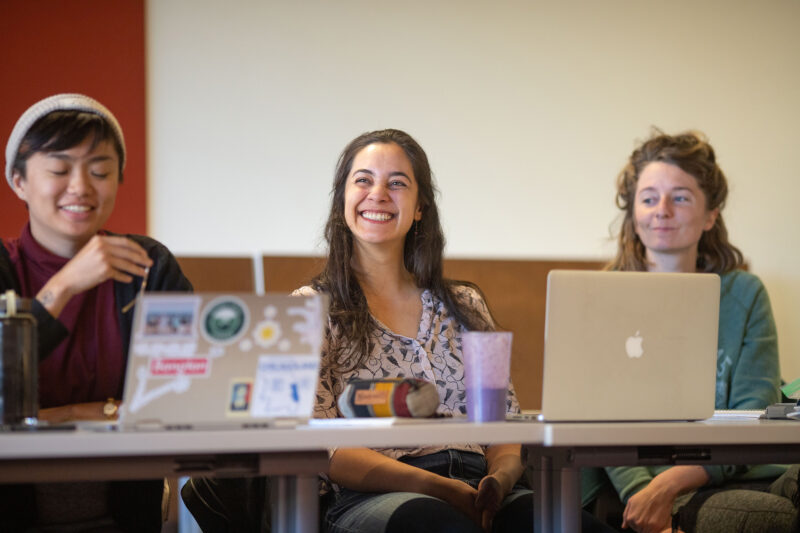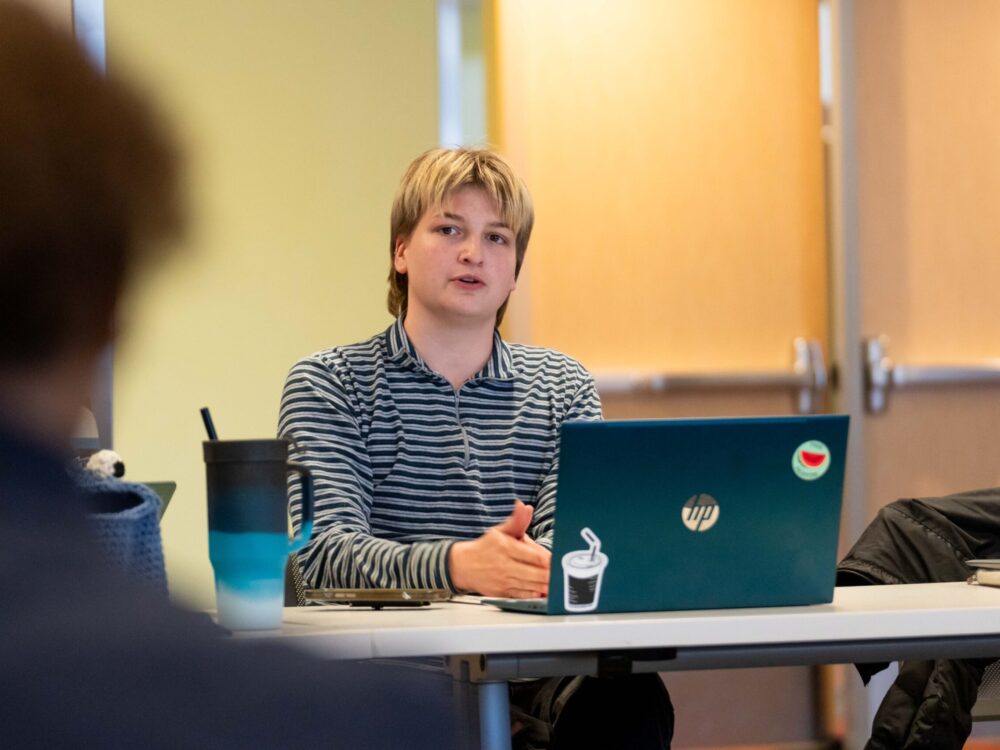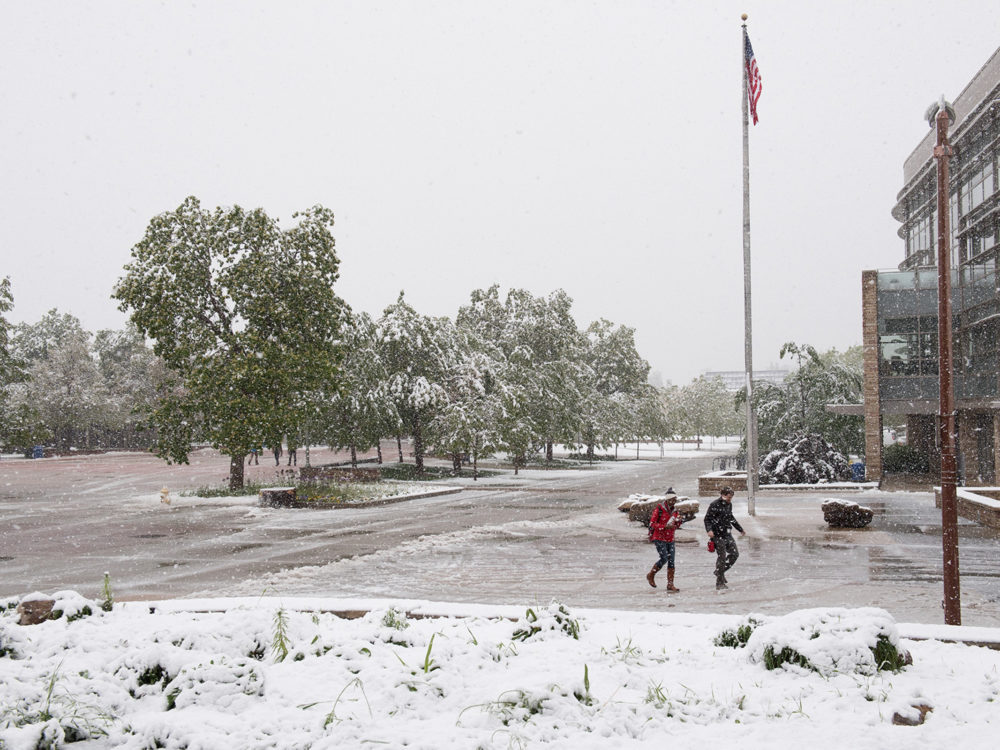Earn a Master's in Student Affairs at Colorado State
Put theory to practice with a master’s degree in Student Affairs in Higher Education from Colorado State University. After completing this program, you’ll be equipped for an impactful career in student affairs at institutions of higher learning.

Why SAHE?
- 100% job placement rate – Each year, 100% of our graduates find employment related to their degree.
- Small classes – Learn in a small and tight-knit community of peers to enrich your academic and personal experience in the program.
- Practicum opportunities – Apply your newfound knowledge in a real-world setting with 2 credits of embedded practicum.
- Scholar-practitioner faculty and instructors – Learn about the latest in theory and practice from education researchers and administrators at Colorado State University.
- Submit to the SAHE Journal – Practice writing and submitting scholarly articles, and develop editorial skills and critical thinking through our student-produced journal.
Flexible Program Options
Values
Not ready to pursue a degree? Graduate Certificates





